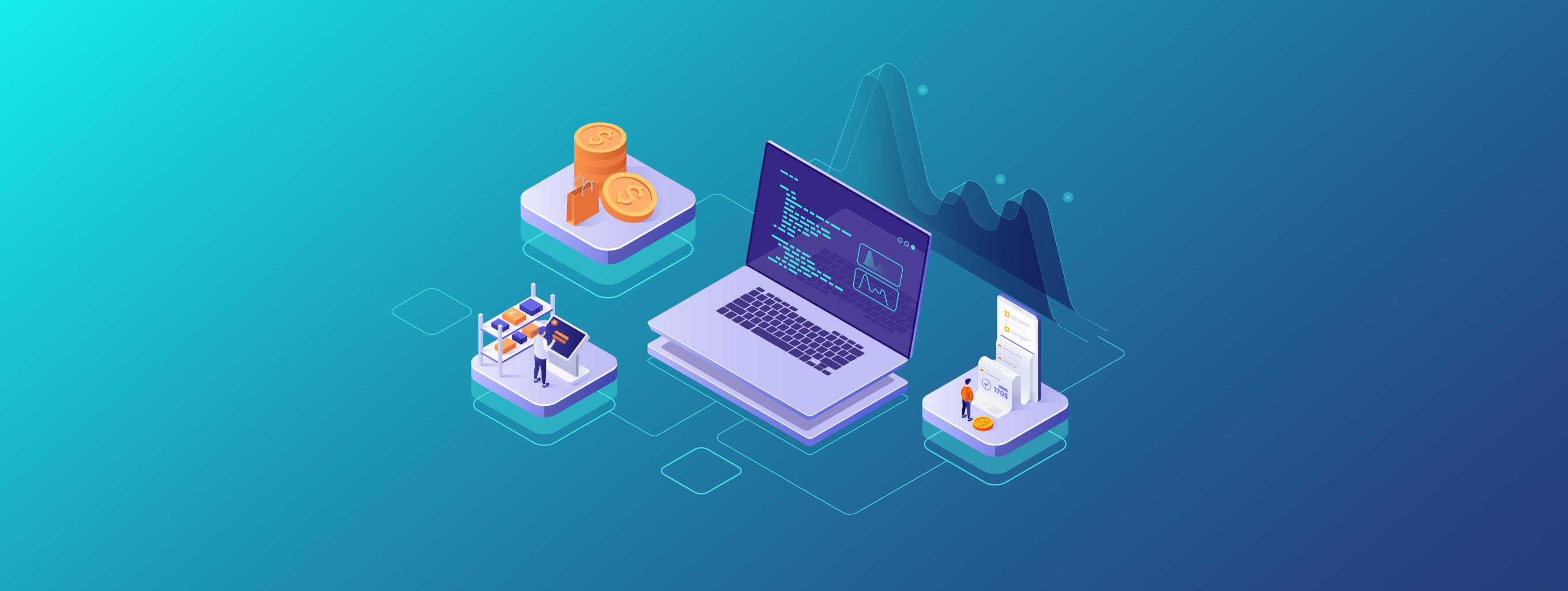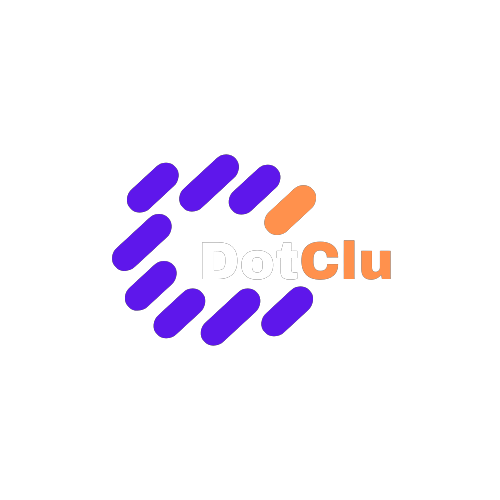write to us

Retail Industry
Certainly! Here are some use cases of IT services in the retail industry:
Retail Industries
- 1. E-commerce Platforms:
Develop and optimize e-commerce platforms that allow retailers to sell products online. These platforms provide a user-friendly interface, secure payment gateways, product catalogs, and order management systems. E-commerce enables retailers to expand their reach, increase sales, and offer a convenient shopping experience to customers.
- 2. Point of Sale (POS) Systems:
Implement modern POS systems that streamline sales transactions, inventory management, and customer data. These systems integrate with payment processors, track sales in real-time, manage discounts and promotions, and generate reports for analysis. POS systems improve operational efficiency, reduce human errors, and provide valuable insights for decision-making.
- 3. Customer Relationship Management (CRM) Systems:
Utilize CRM systems to manage customer data, track purchase history, and personalize marketing efforts. CRM systems enable retailers to segment customer groups, send targeted promotions, and provide personalized recommendations, fostering customer loyalty and enhancing the overall shopping experience.
- 4. Inventory Management Systems:
Implement inventory management systems that track inventory levels, automate reordering processes, and synchronize inventory across multiple channels. These systems help retailers optimize stock levels, reduce out-of-stock situations, and improve supply chain efficiency.
- 5. Mobile Applications:
Develop mobile applications that allow customers to browse products, receive personalized offers, and make purchases directly from their mobile devices. Mobile apps enhance customer engagement, provide a seamless shopping experience, and enable retailers to leverage location-based marketing and push notifications.
- 6. Customer Analytics:
Utilize data analytics tools to analyze customer behavior, preferences, and purchase patterns. Retailers can gain insights into customer demographics, shopping habits, and product preferences to inform marketing strategies, optimize product assortments, and personalize customer experiences.
- 7.Click-and-Collect / Buy Online, Pickup In-Store (BOPIS):
Implement click-and-collect solutions that allow customers to purchase products online and pick them up from a physical store location. BOPIS enhances convenience for customers, reduces delivery costs, and drives foot traffic to brick-and-mortar stores.
- 8. Augmented Reality (AR) and Virtual Try-On:
Integrate AR and virtual try-on technologies to enable customers to virtually try on products, such as clothing, accessories, or cosmetics. AR enhances the online shopping experience, reduces returns, and increases customer confidence in their purchase decisions.
- 9. Supply Chain Visibility:
Utilize technology solutions to enhance supply chain visibility, track shipments, and optimize logistics. Retailers can leverage tools like RFID tags, barcodes, and GPS tracking to monitor the movement of products, improve inventory accuracy, and ensure timely delivery.
- 10. Personalized Marketing and Recommendations:
Utilize machine learning algorithms and AI-powered recommendation engines to provide personalized product recommendations and targeted marketing campaigns. Retailers can leverage customer data to deliver personalized offers, cross-sell and upsell products, and improve customer engagement and conversion rates.
These use cases demonstrate how IT services can revolutionize the retail industry, enhancing customer experiences, optimizing operations, and driving sales growth. By embracing technology solutions, retailers can adapt to changing consumer expectations, leverage data-driven insights, and stay competitive in the dynamic retail landscape.
15+
100+
1200+
Services
Industries
Careers
